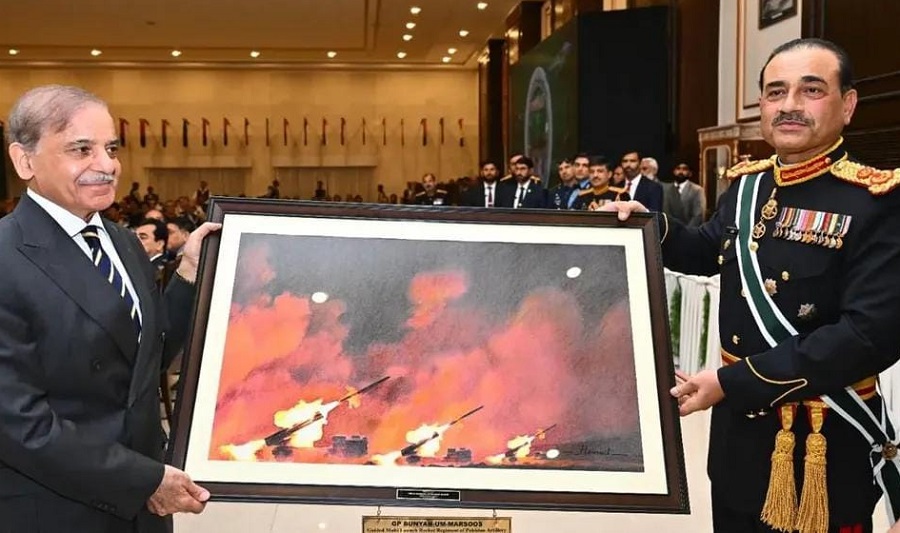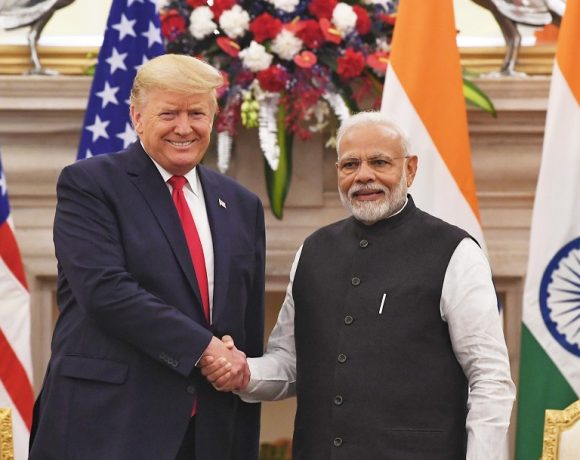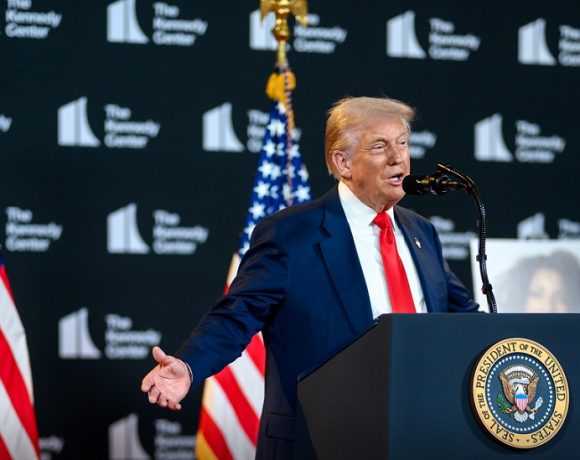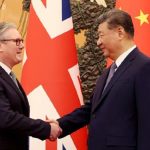
Munir Denies China, Turkey Aid During Operation Sindoor
Pakistan’s Army Chief, Field Marshal Asim Munir, has rejected Indian allegations that Islamabad received active military support from China or Turkey during the four-day border conflict in May, codenamed Operation Sindoor. In a public address at the National Defence University in Islamabad, Munir called the accusations “irresponsible and factually incorrect”, dismissing them as part of India’s attempt to internationalize a regional standoff.
External Support
India had claimed that Chinese intelligence assisted Pakistan during the clashes, allegedly providing real-time surveillance of Indian troop movements. Indian officials also alleged that Turkey supplied Pakistan with Bayraktar drones and combat advisors during the escalation. Munir, however, pushed back strongly against this narrative, calling it “shoddy camp politics” and warning of a “deeply hurting and more than reciprocal response” should any future attacks be directed at Pakistan’s strategic cities, ports, or economic assets.
Operation Sindoor
The operation was launched by India in retaliation for the April terror attack in Pahalgam, which New Delhi linked to Pakistan-based terror groups. The conflict, which lasted from May 6 to May 10, saw intense missile and drone exchanges before both sides agreed to a ceasefire. During and after the conflict, Indian military officials suggested that the battlefield had been leveraged by China as a “live lab” for electronic warfare and sensor validation, while Turkey’s drone support had enabled Pakistan to improve targeting precision.
Munir, in his remarks, denied any such dependency, stating Pakistan’s defense was built on “institutional resilience developed over decades” and not on any foreign support. He stressed that modern conflicts are not won through “media rhetoric, imported fancy hardware, or political sloganeering,” but through professionalism, faith, operational clarity, and national unity.
Pakistan Denial
While India maintains that Pakistan was not acting alone, Munir insisted Pakistan acted independently and ethically. He presented Pakistan’s military posture as one of self-reliance and strategic dignity, further warning regional players against misreading Pakistan’s intent or capabilities.
Tensions continue to simmer in the region as both nations reinforce their positions diplomatically and militarily. While India is pushing for international scrutiny on external actors allegedly involved in the May conflict, Pakistan is projecting a narrative of strategic autonomy and defensive restraint. The sharp divergence in official narratives underlines the persistent mistrust and strategic rivalry between the two nuclear-armed neighbors.


















